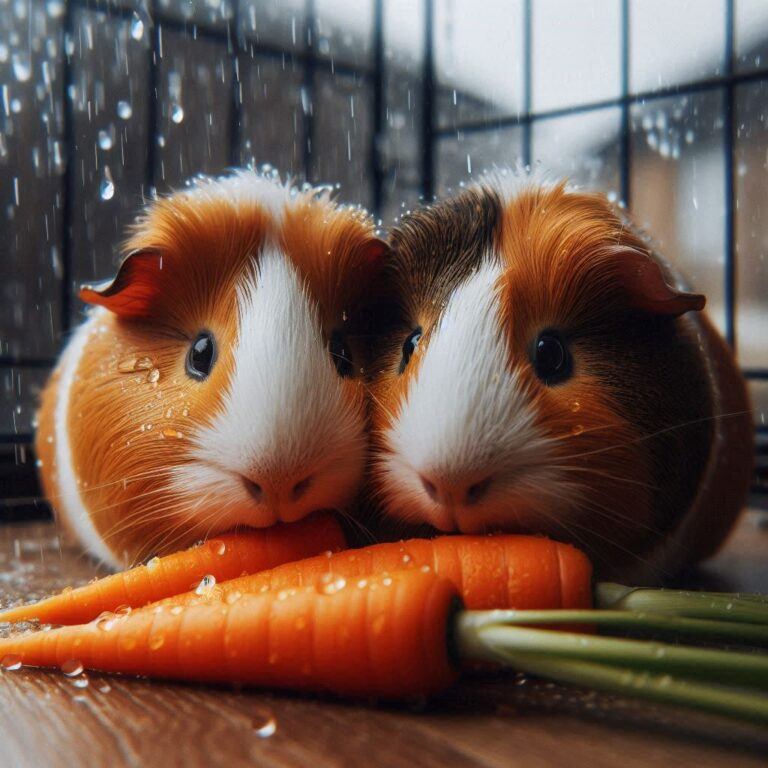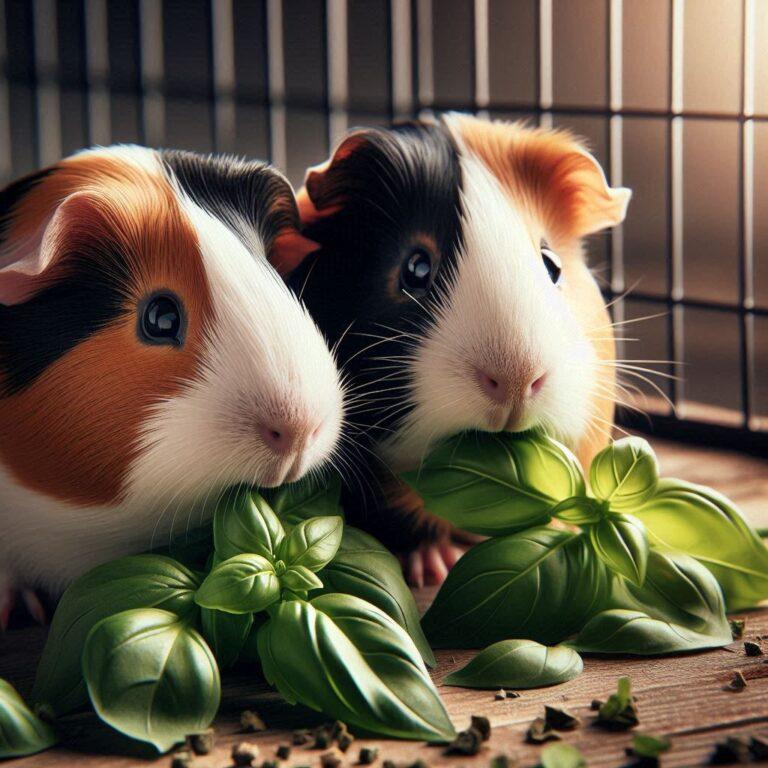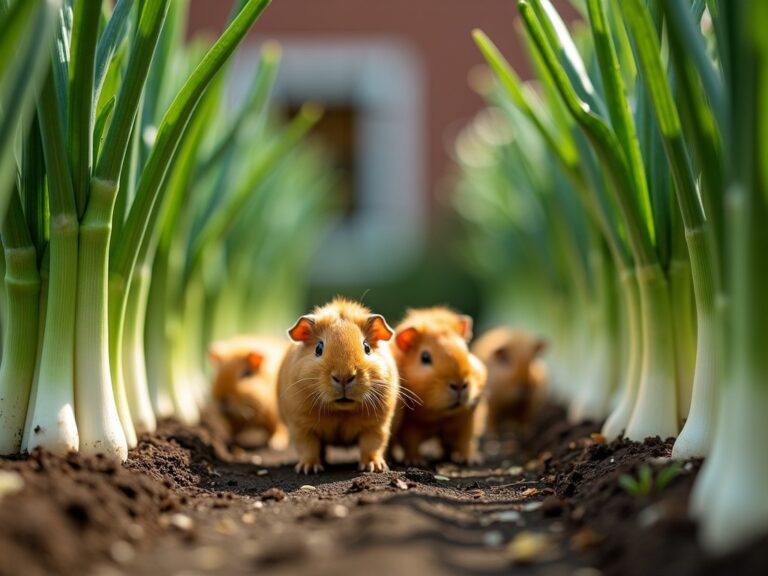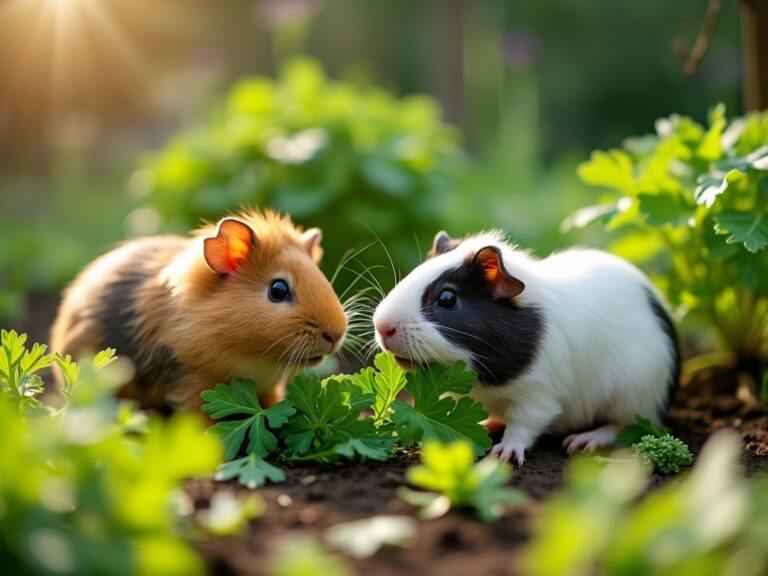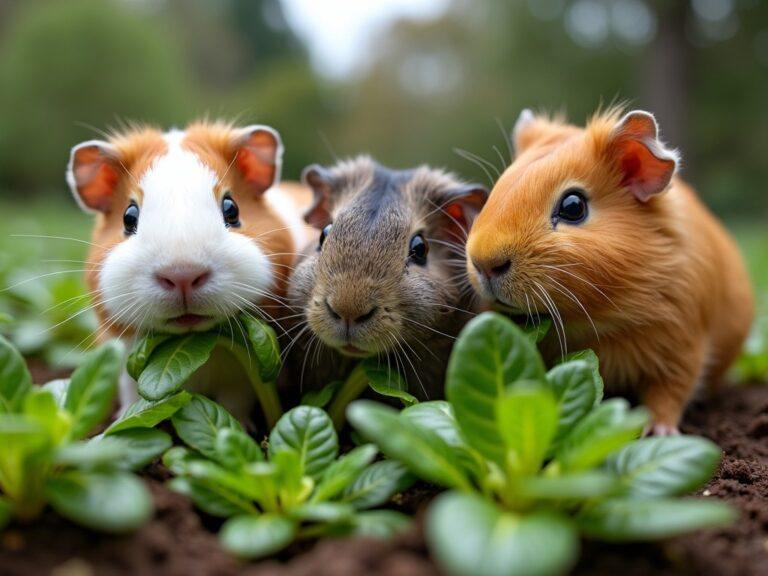Can Guinea Pigs Safely Eat Zucchini
Yes, guinea pigs can safely eat zucchini. It’s not only safe but also a healthy and nutritious addition to their diet. Rich in vital nutrients and low in calories, zucchini is a hydrating vegetable that fits well into the dietary requirements of guinea pigs. This veggie offers vitamins like vitamin C, which is crucial, as they cannot produce it on their own.
Zucchini is chock-full of nutritional benefits for guinea pigs. The water content helps with hydration, while the fiber aids their digestive system.
The low sugar content also makes it a smart choice, reducing the risk of obesity. Plus, zucchini is a good source of vitamin A and magnesium, contributing to a robust immune system and overall health.
It’s important to recognize that while zucchini is beneficial, it should complement a balanced diet.
A guinea pig’s daily meals should consist principally of hay, along with a controlled amount of vegetables and fruits, and a small portion of guinea pig pellets.
Zucchini, being low in calcium, helps prevent bladder stones, a common health issue in guinea pigs.
Creating a nutrient-rich diet for your pet means understanding the full scope of their needs. While zucchini is an excellent addition, it can’t be the sole vegetable in the mix.
But… with the right approach, you can ensure your guinea pig enjoys the best health possible.
Preparation and Precautions When Serving Zucchini
Adding zucchini to your guinea pig’s diet? Play it safe and start slow. A gradual introduction means monitoring for any adverse reactions, which are unlikely but still possible.
I’m a stickler for cleanliness and I always advise washing zucchini thoroughly. Pesticide residue or other contaminants can be harmful to our little friends.
While some folks might just toss a chunk of zucchini into the cage, I recommend cutting it into small, manageable pieces. This makes it easier for guinea pigs to eat and limits the risk of choking.
I get it, chunks can be more convenient, but if we’re talking the long run, grated zucchini is often the better option. It’s easier for them to digest and can be mixed with other foods for a nutritious blend.
Let’s talk about the rest of the zucchini—yes, the skin and seeds. The skin of zucchini is safe and nutritious for guinea pigs, but always ensure it’s free from wax or additives.
Seeds, on the other hand, should be avoided to prevent any potential choking hazards.
Moderation is KEY when adding zucchini to our guinea pig’s diet. Overfeeding can cause digestive issues, and it’s best to stick with small servings initially—no more than one or two small slices per day.
Switching it up is essential to a well-rounded diet. Zucchini can be a nutritious part of the menu, but it shouldn’t be the only vegetable on your pet’s plate.
Fostering a Healthy and Varied Guinea Pig Diet
A varied vegetable diet is a cornerstone of optimal health for your guinea pig. While zucchini is an excellent addition, providing various vitamins and minerals, variety is key.
Rotating zucchini with other guinea pig-friendly vegetables ensures a broader range of nutrients and prevents dietary monotony.
Not all vegetables are created equal when it comes to guinea pig nutrition. While zucchini is low in calories and rich in fiber, other vegetables might offer different nutritional profiles, which are also valuable.
It’s important to balance water-rich veggies with others to maintain an ideal nutritional mix.
To create a well-rounded diet for your guinea pig, integrate zucchini with romaine lettuce, bell peppers, and herbs, such as cilantro, mint, and parsley.
Ensure that these are introduced gradually and served in moderation, as per a guinea pig’s dietary needs. Always wash fresh produce thoroughly to remove pesticides or other contaminants.
Occasionally, despite your best intentions, your guinea pig may react differently to new foods. If you observe any signs of digestive upset or unusual behavior after introducing any new food, consult your veterinarian.
Your pet’s health and well-being are paramount, and professional guidance is essential in maintaining a healthy diet.


